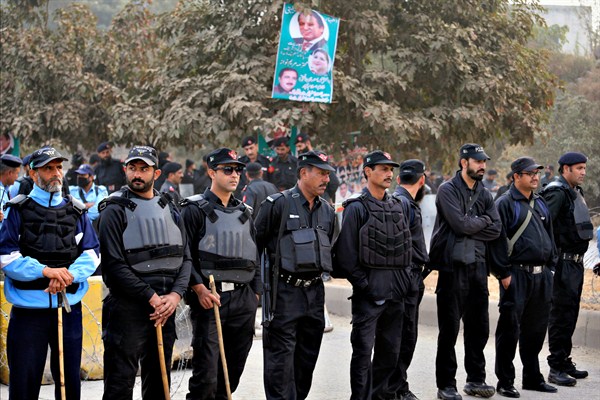Since Nawaz Sharif’s ouster as prime minister in August, Pakistan has been abuzz with talk of strained civil-military relations. The situation materially worsened when Gen. Qamar Javed Bajwa, the army’s chief of staff, publicly lectured the government last month on expanding tax collection to improve the economy. A very public war of words between the government and military ensued, with the interior minister even suggesting on Facebook that Pakistan was on the cusp of another coup d’état, before walking back his comments.
While ties between the elected civilian government and the armed forces have frayed recently, Sharif’s removal itself did not tilt the balance any further toward the army. That’s because the army was already in its strongest position since the military-backed rule of President Pervez Musharraf. Rather than a shift, recent events illustrate the extent of the military’s dominant role.
Any assessment of civil-military relations in Pakistan must acknowledge two fundamental realities. First, the armed forces command substantial access to state resources with limited civilian control. Pakistan’s per capita defense spending has risen nearly consistently since 2001, with military expenditures even growing as a share of total federal spending since 2013. More importantly, until 2008 the military’s allocations were never line-itemed on the official budget, and it has also consistently financed its activities off the books. Both trends have hampered civilian oversight of defense spending.

